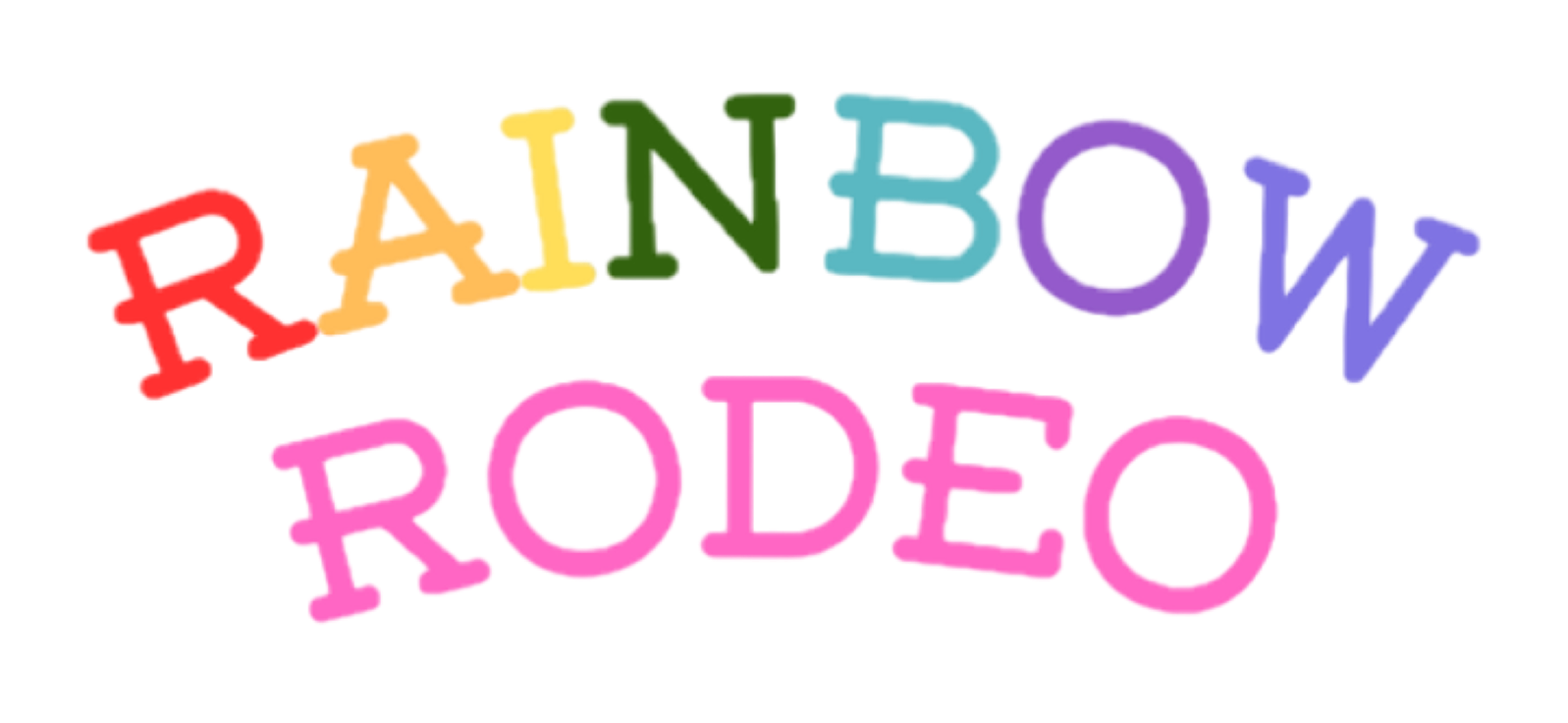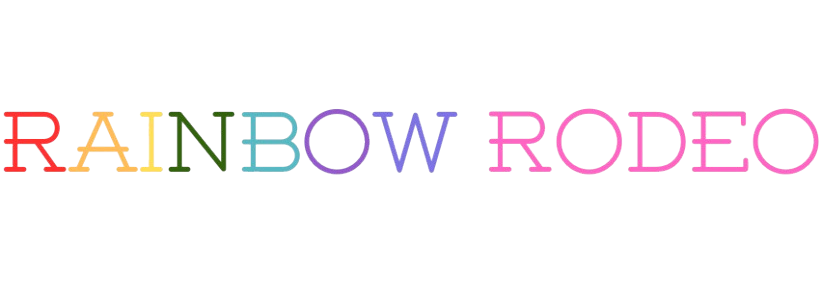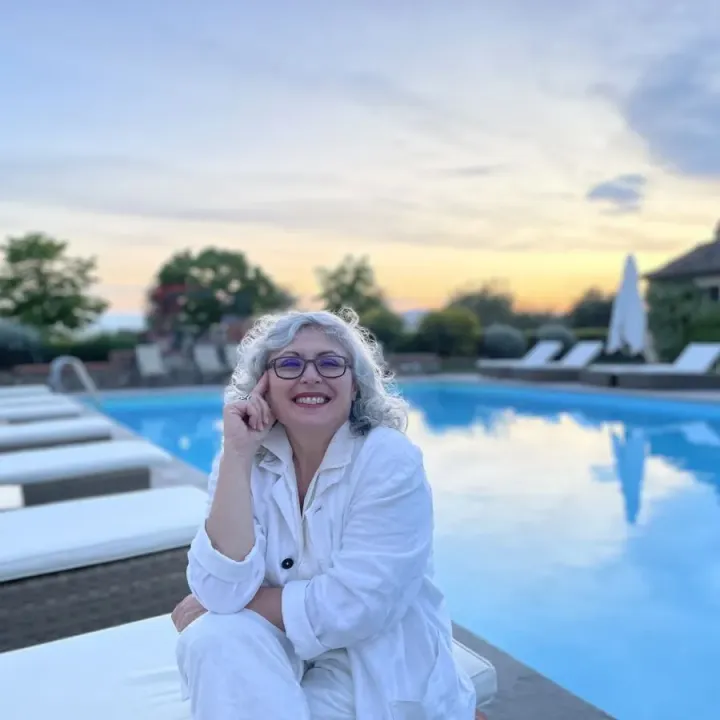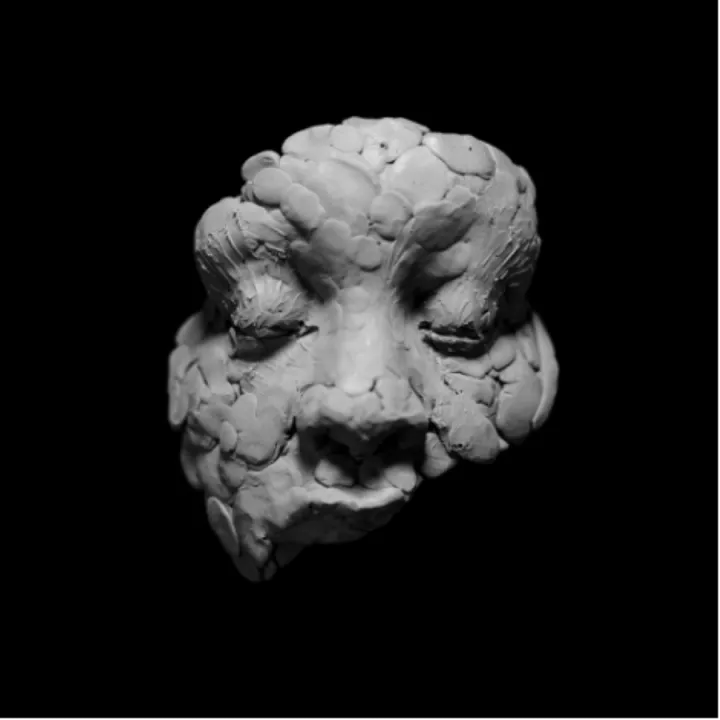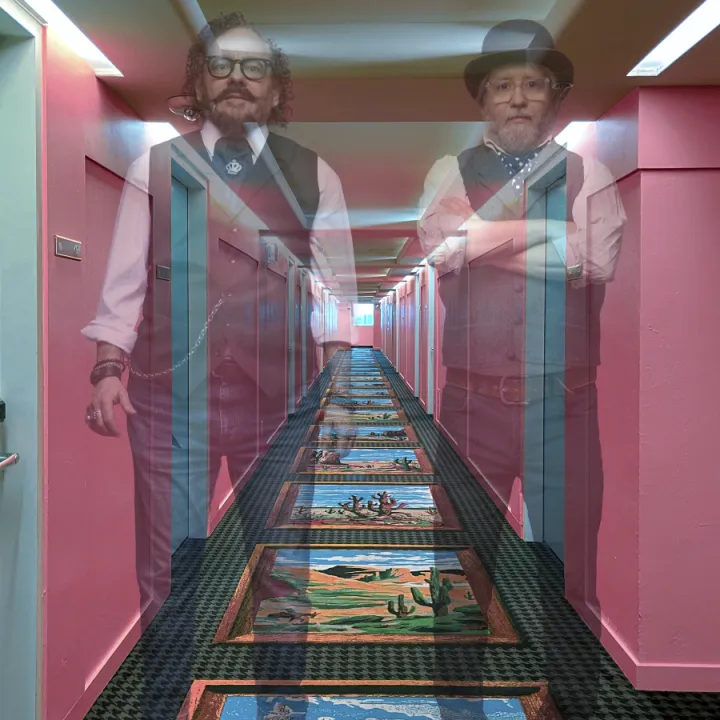Interview: ISMAY Embraces the Musical Life

Howdy, cowpoke! Rainbow Rodeo is raising funds to print issue 3 of our zine! As of this writing, we are only $275 away from our goal! Please donate to support queer writers like Staci B, who conducted this interview with ISMAY.
Avery Hellman, known to the world of blue grass and country as ISMAY, is a gentle soul who makes powerful music. Her love of storytelling inspires songs that encourage listeners to reflect on their own thoughts and choices. Here she shares with us a bit of her history and where she’s headed, thoughts on being a queer artist in the world of country, and the experience of competing on My Kind of Country, a music competition series created by Kacey Musgraves and Reese Witherspoon that focused on diverse and innovative artists on AppleTV. (This interview was edited for length and clarity)
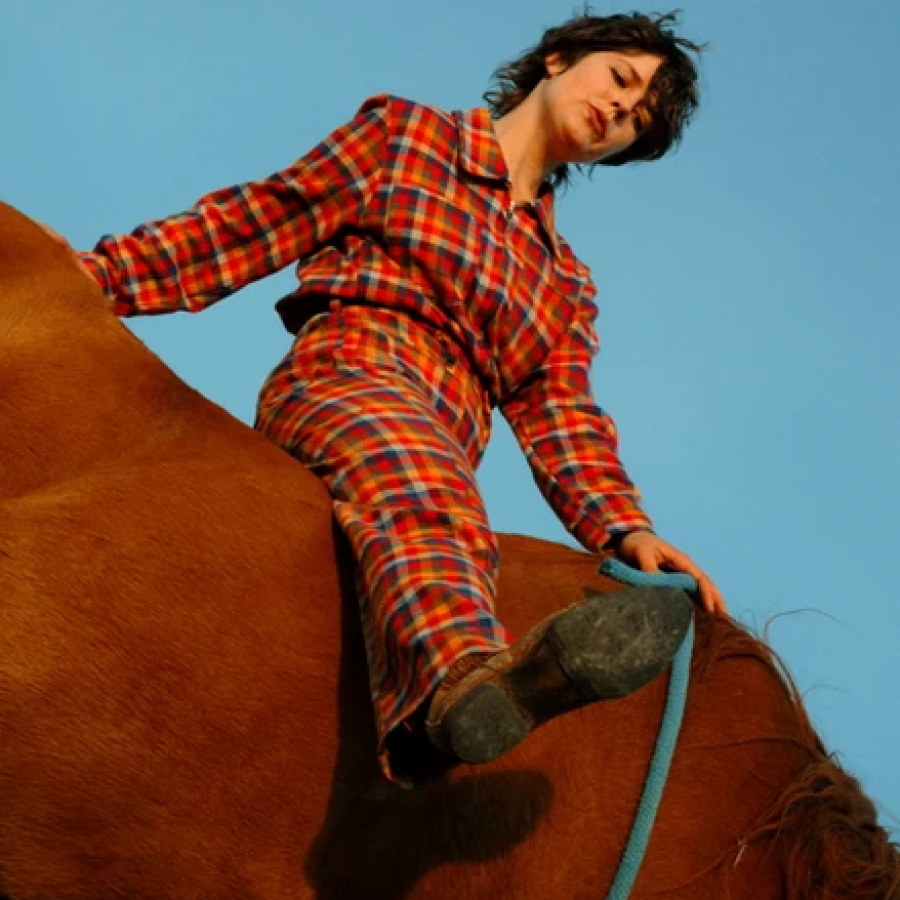
Your given name is Avery Hellman. Why ISMAY as a musical moniker?
I came up with the name when I started going out there playing my own music and there were other artists that had a stage name. I was really obsessed – and still kind of am – with the American West and was reading a book about the Bad Lands of Montana. In it the writer talks about a town named Ismay, and I was like, “Ooh, that’s a good name!”
When did the guitar come into your life?
When I was 15, I asked for a guitar. My dad and I went down to the music store, and I got a Takamine guitar. This sort of indie revolution was taking place and all this weirdo music was being really celebrated and it was an inspiring time to start playing guitar because there were so many fascinating artists out there. It was a time when the more obscure the artists you discovered, the cooler it made you.
What attracted you to the Folk, Country, and Bluegrass styles?
I love hearing the edginess and weirdness of somebody who’s outside normal society. It’s not true for all country music, but in a lot of it – bluegrass and folk – you can really hear that. I think there’s something really appealing about somebody coming to an instrument, not from a commercial or refined angle, but from an outsider perspective. I also grew up listening to bluegrass music. My grandfather started the Hardly Strictly Bluegrass festival (in San Francisco) when I was a kid and so I was introduced to bluegrass and sort of alternative country music through that experience as well.
How do you see yourself fitting in the world of country and folk and bluegrass as a musician? Has that created any challenges or any easier paths?
I think it’s sort of multifaceted. When it comes to mainstream country music, it’s a bit challenging to see myself as part of that. My kind of music style is more alternative and so I don’t necessarily know where I fit in there. Then, when it comes to my age group and other people like me, I think there’s a lot more of us out there than there were generations in the past. I find a lot of us are similar in our love of country and alternative music but aren’t part of the mainstream. And I think that is really inspiring.
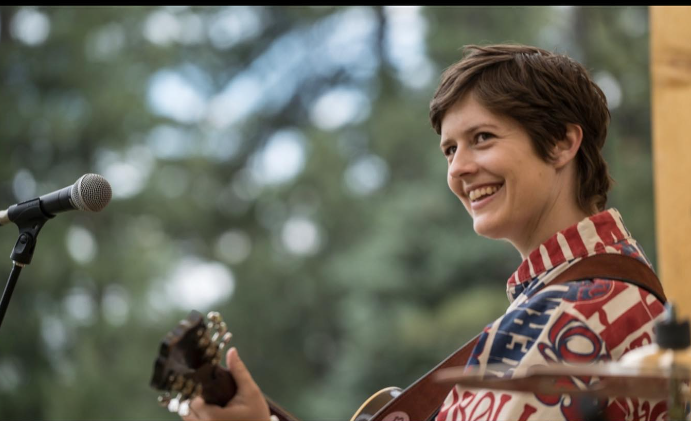
The song, “Stranger in the Barn,” which is on your new album has an unexpected ending. What drives you to tell stories like this one and the others that are in your songs?
I want to bring people into a really great book when they hear my songs, to be totally engaged with their imagination. One of my big goals in music is to have people be in the moment. I love telling stories for that reason and “Stranger in the Barn” is based on a real story.
When I moved to the ranch my mom purchased, there had been somebody in the barn who had been, I guess you call it squatting. I never met that person, but we have so many stories in our culture about what to do with a stranger – what do you do with something that’s different from yourself? And I wanted to tell a story about encountering something that’s unfamiliar, but in the end, making a decision to meet it with an open heart instead of with fear.
Oftentimes what we meet people with is what we get back. And if we meet people with anger and fear and resentment, that’s going to cause them to have a reaction. If we’re able to be self-reflective and meet other people with an openness and a curiosity, then there’s a lot of potential for connection instead of fighting, I’m a peacemaker type of a person, so I’m always on the side of curiosity instead of the fight.
Do you think this song is more relevant now than it would’ve been had it come out a decade ago?
I definitely think this song is more relevant now. Human beings throughout our history have always been challenged with this outsider/insider issue. And I think that we’re in a time where we’re really struggling with a lot of conflict and “othering” of people. I’ve been on both sides of it. Each of us has the capacity to “other” and be “othered.”
Does this song have an activist component to it considering the political climate these days?
I think of this song as an evergreen allegory. It’s never going to be a story that’s irrelevant because of what humans have a capacity to do. And it’s important to me that regardless of the situation that we avoid “othering” and dehumanizing one another. You can disagree with people. You can have different perspectives. But you need to remember to recognize their humanity. That doesn’t mean you can’t really fight against somebody else’s agenda or really disagree with them. It just means that you see every human being has equal worth and equal importance and that we need to challenge ourselves all the time to remember that and to recognize when we don’t do it ourselves.
You were a contestant on My Kind of Country. How was that experience for you?
I never pictured myself being involved in any kind of competitive music thing, but I was really excited by the concept of my bringing people from different backgrounds and cultures to do country music. Kacey is an incredible artist and an important figure in country music history and inclusiveness. Orville Peck is an incredibly important figure in that as well. I felt like these are people who appreciate me for who I am and what I’m trying to do. The most exciting thing was getting to have the personal relationships with the other artists. They really did a great job of trying to seek out what’s genuine in people. I feel like they’re really committed to supporting the artists in the longer term and their hearts are really in the right place. Their approach felt very ethical and thoughtful.
You’re working on a new album. How is it different from your debut, Songs of Sonoma Mountain?
The new album is much more based on a musical sound than an intellectual theme like the last one. What’s really different about these new recordings is the introduction of more of a rhythmic, almost a country bluegrassy approach. Working with Andrew Marlin, who’s more involved in Americana country music, as the producer I was curious about what happens when those two things (Bluegrass and Americana) come together. I was also really inspired to write in a new style during the pandemic, so this music is a lot more high energy. I think with Songs of Sonoma Mountain, I had a vision I wanted to get out there that was more contemplative and more reflective, and then I felt like, okay, I did that and I’m ready to move on to the next thing.
Is there an artist that you would love to collaborate with?
I’d love to collaborate with Orville Peck. That would be really cool. He’s amazing. There are so many people. It’d be great to collaborate with Andrew Marlin again. Lucinda Williams. That would be super cool to play a song with her one day.
What’s your favorite aspect of being a musician?
Being part of this culture is such an incredibly important part of my life and I really think my favorite part of that is getting to hear other people and be inspired by them. My favorite thing is if somebody comes and watches me play and says, that inspired me to finish this book I’m working on, or that inspired me to write this. I’m like, that’s exactly what it’s here for, is to bring that out in people.
Do you have a least favorite part?
I struggle a little bit with having my personal life out there. I’m pretty private in general and it can be difficult talking about gender identity and stuff like that because it feels so personal. It’s something that’s always shifting and changing and ongoing, but it’s also important because it’s what people can relate to and understand.
Do you have any advice or suggestions for musicians who are trying to break into country?
I would say the important thing is to really develop your own voice. Put in the time. Just keep going and find that unique niche that’s really you. I really believe that as an artist, the number one thing you should always be focused on is your own work.
You can hear ISMAY live at the Woolystar Music Festival June 16-18 in Merkleeville, CA and in Nashville at the X Festival September
ISMAY — Official, Facebook, Instagram, Twitter, YouTube, Spotify, Apple Music
